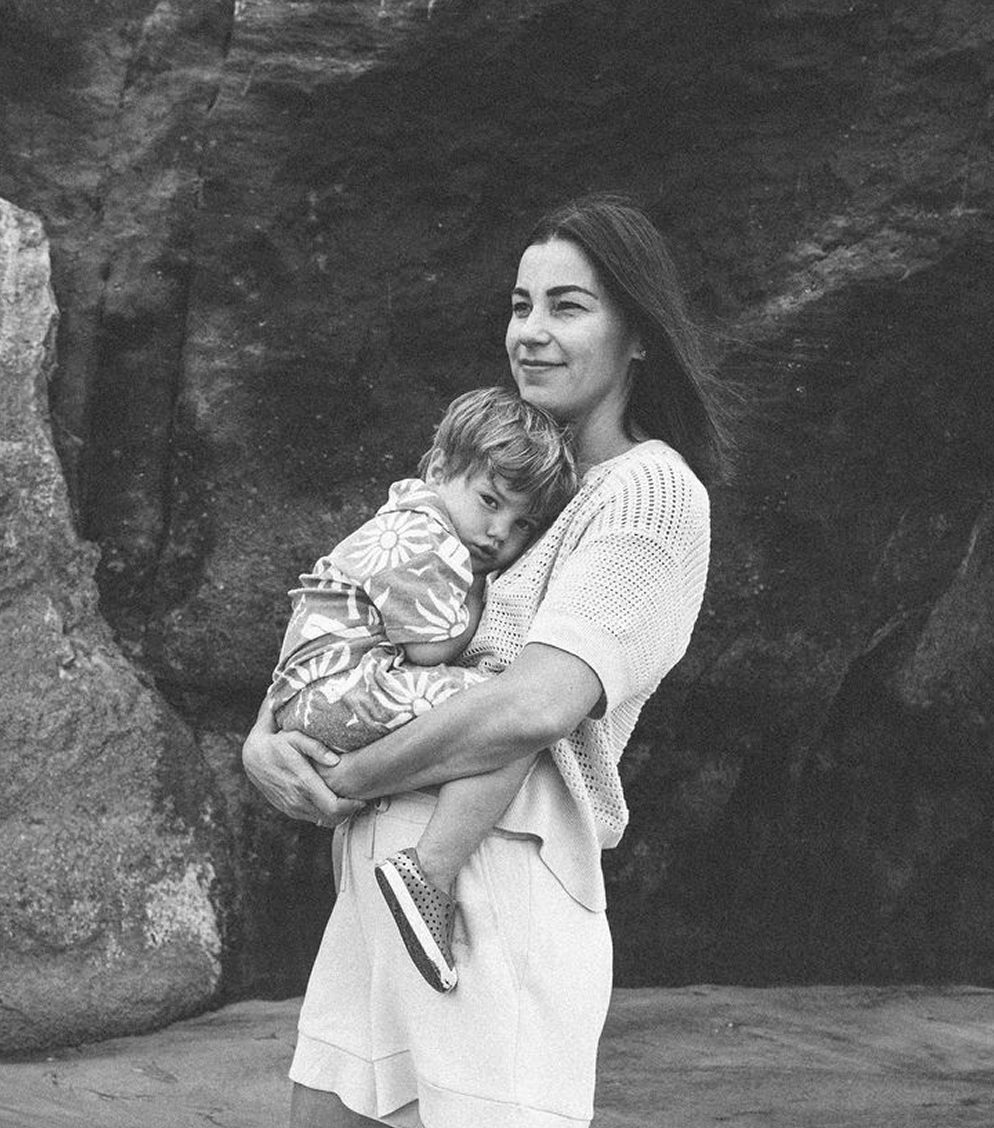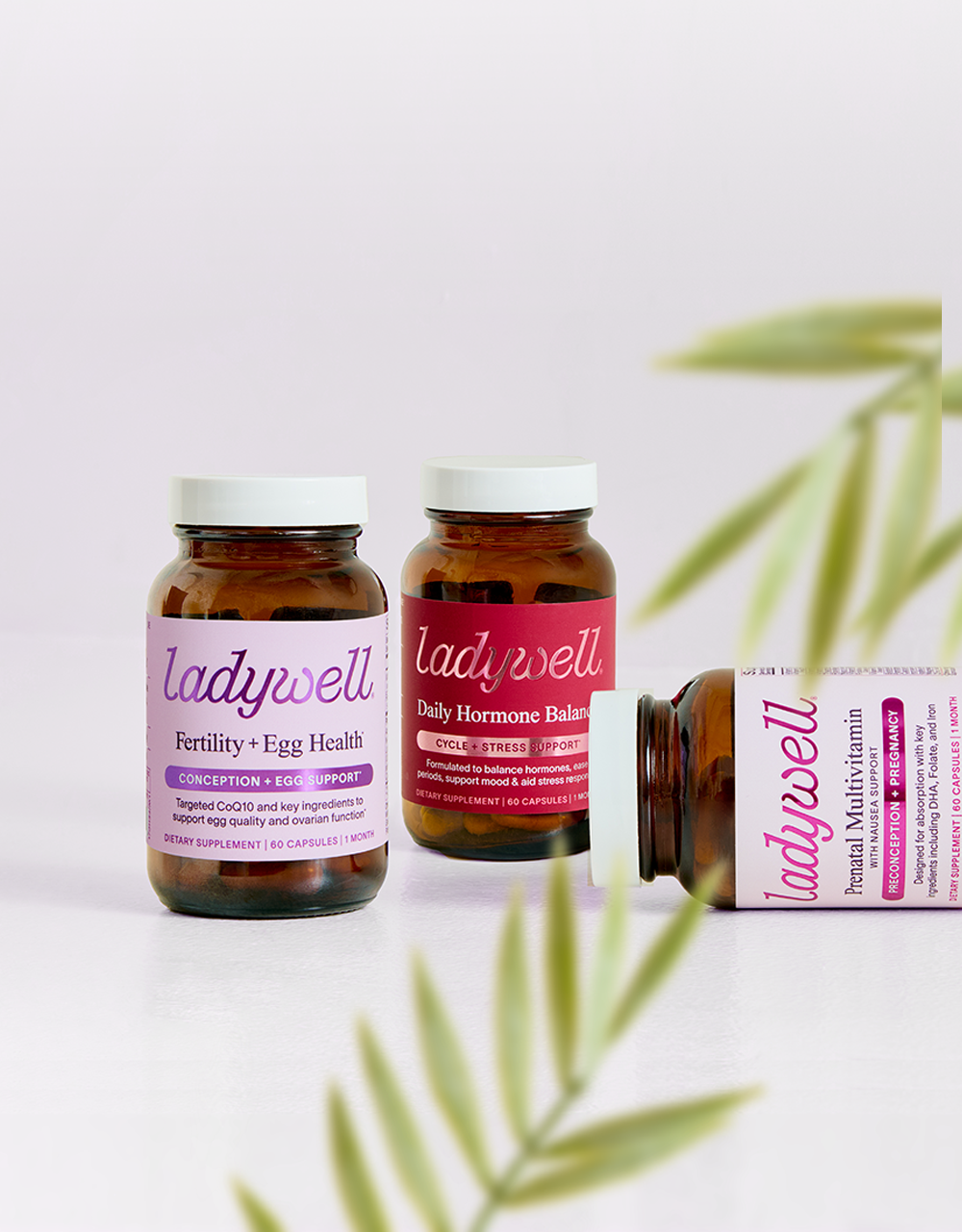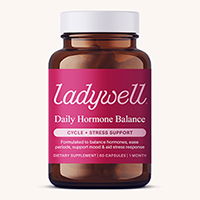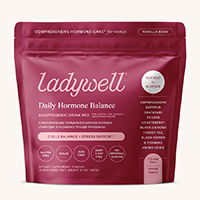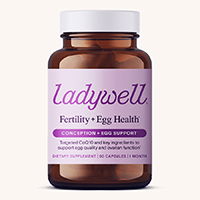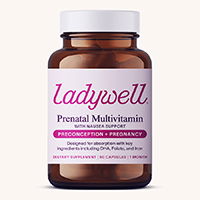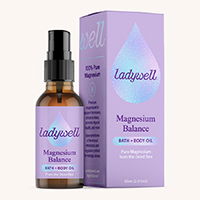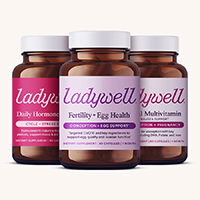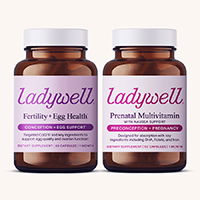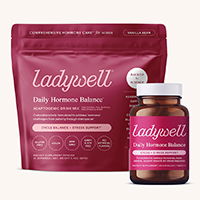Just one generation ago, many people followed a predictable path: get married, buy a house, and have kids. However, much has changed since then. Today, more individuals are pursuing higher education, more women are in the workforce, and fewer people are prioritizing buying a home early in adulthood. The traditional life path that our parents followed no longer applies to everyone.
With this shift, our generation has greater flexibility in deciding when to start a family. But it also raises the question: what is the best age to have kids?
As with most things, there’s no one-size-fits-all answer. Numerous factors influence when it’s best to start a family, and these factors differ from person to person. Below, we’ll dive into these key considerations and examine when the best age might be to get pregnant.
The Shift Toward Having Children Later in Life
Before we discuss the best age to have kids, it’s important to note how the age at which people are becoming parents has changed.
Over the last decade, the average age of a first-time mother in the U.S. has risen steadily. In 2021, the average age of a woman giving birth to her first child was 27.3, according to data from the Centers for Disease Control and Prevention (CDC). This is nearly two years older than in 2011, when the average age was 25.6, and almost six years older than in 1970, when the average age was 21.4.
However, just because the average age is increasing doesn’t mean it’s necessarily the best age for everyone. So, what is the ideal age to get pregnant?
What Is the Best Age to Have Kids?
The best age to have children depends on when you are physically, emotionally, mentally, and financially prepared. Since these factors vary for everyone, the “right” age to have children will differ as well. Let’s explore some of these factors in more detail.
1. Career Aspirations
Many people now prioritize building their careers during their 20s and early 30s. Whether it’s landing a demanding job, traveling for work, or going back to school, these goals often lead to postponing parenthood until key professional milestones are achieved.
2. Personal Goals
Some may choose to focus on personal aspirations, such as moving to a new city, traveling the world, or training for a marathon. While raising kids doesn’t necessarily stop these goals, it can make achieving them more challenging, leading some to delay starting a family.
3. Family Size
The number of children you plan to have also impacts when you should start. If you envision having a large family, it may be wise to start sooner, as multiple pregnancies require more time.
4. Financial Stability
Many prospective parents want to reach financial stability before starting a family, including saving for a home or paying off student loans. Having children comes with significant costs, so achieving financial security can make the transition to parenthood smoother.
It’s helpful to estimate the costs associated with childbirth, childcare, diapers, and other essentials to ensure you’re financially prepared.
5. Health Considerations
Parental health plays a crucial role in fertility and pregnancy outcomes, as well as in the overall health of your future child. Some people may want to adopt healthier habits—such as better diet, increased exercise, or quitting smoking—before trying to conceive.
Starting a preconception supplement routine can also benefit both sperm and egg health, improving the chances of a healthy pregnancy.
6. Fertility
Fertility declines with age, and this affects both men and women. Women are born with a finite number of eggs, and the quality of those eggs decreases over time. Men, although they produce sperm throughout their lives, also experience a decline in sperm quality as they age.
While lifestyle adjustments and supplements can support fertility, the natural decline with age is something to consider when planning to have children.
7. Pregnancy Risks
Age can also influence pregnancy risks. Women aged 35 and older are more likely to face complications such as spontaneous miscarriage, preterm labor, gestational diabetes, preeclampsia, and chromosomal abnormalities.
However, these risks vary and can occur at any age. The label “advanced maternal age” (AMA), which applies to women 35 and older, often comes with additional screenings, tests, and appointments. Despite the name, many women over 35 have healthy pregnancies.
8. Health Is More Important Than Age
While age affects fertility, overall health plays an even bigger role. A healthy lifestyle—including a balanced diet, regular exercise, avoiding smoking, and reducing exposure to environmental toxins—can significantly improve fertility at any age.
No matter when you decide to start your family, maintaining good health is essential. Proper nutritional support is key to supporting a healthy pregnancy, healthy mom, and healthy baby.
Final Thoughts on the Best Age to Have Kids
There is no “perfect” age to have children—only the right time for you based on your personal, professional, and financial readiness. Health and fertility are important considerations, but with the right planning and support, many people can have healthy pregnancies at various ages.
If you’re considering starting a family, check out fertility supplements and prenatal care options to help ensure a healthy journey to parenthood.
Set yourself up for a healthy TTC and pregnancy journey with Ladywell Fertility Supplements.
Disclaimer
The information provided in this blog is for educational purposes only and is not intended as a substitute for professional medical advice. Always consult a qualified healthcare provider before making any changes to your health regimen, especially if you are pregnant, nursing, or taking any medications.



